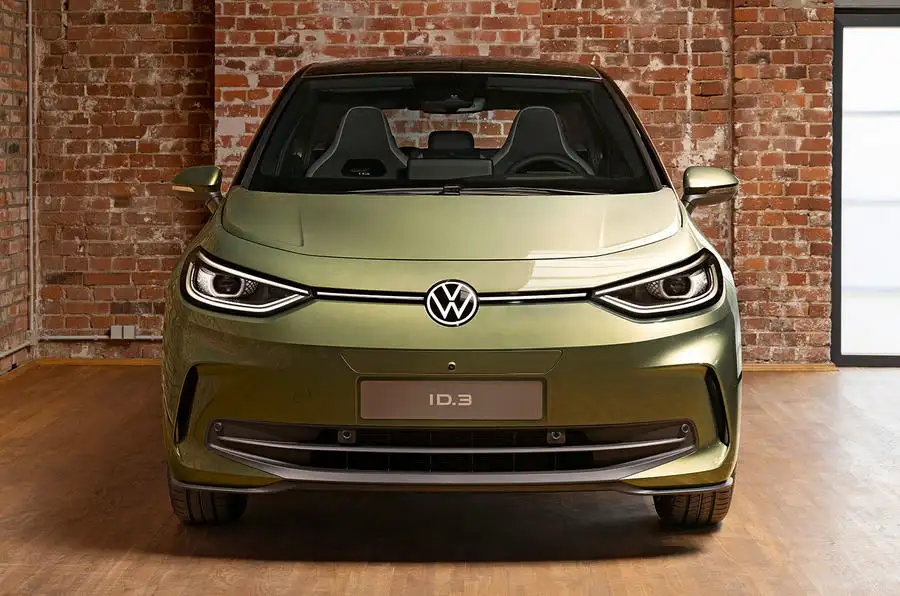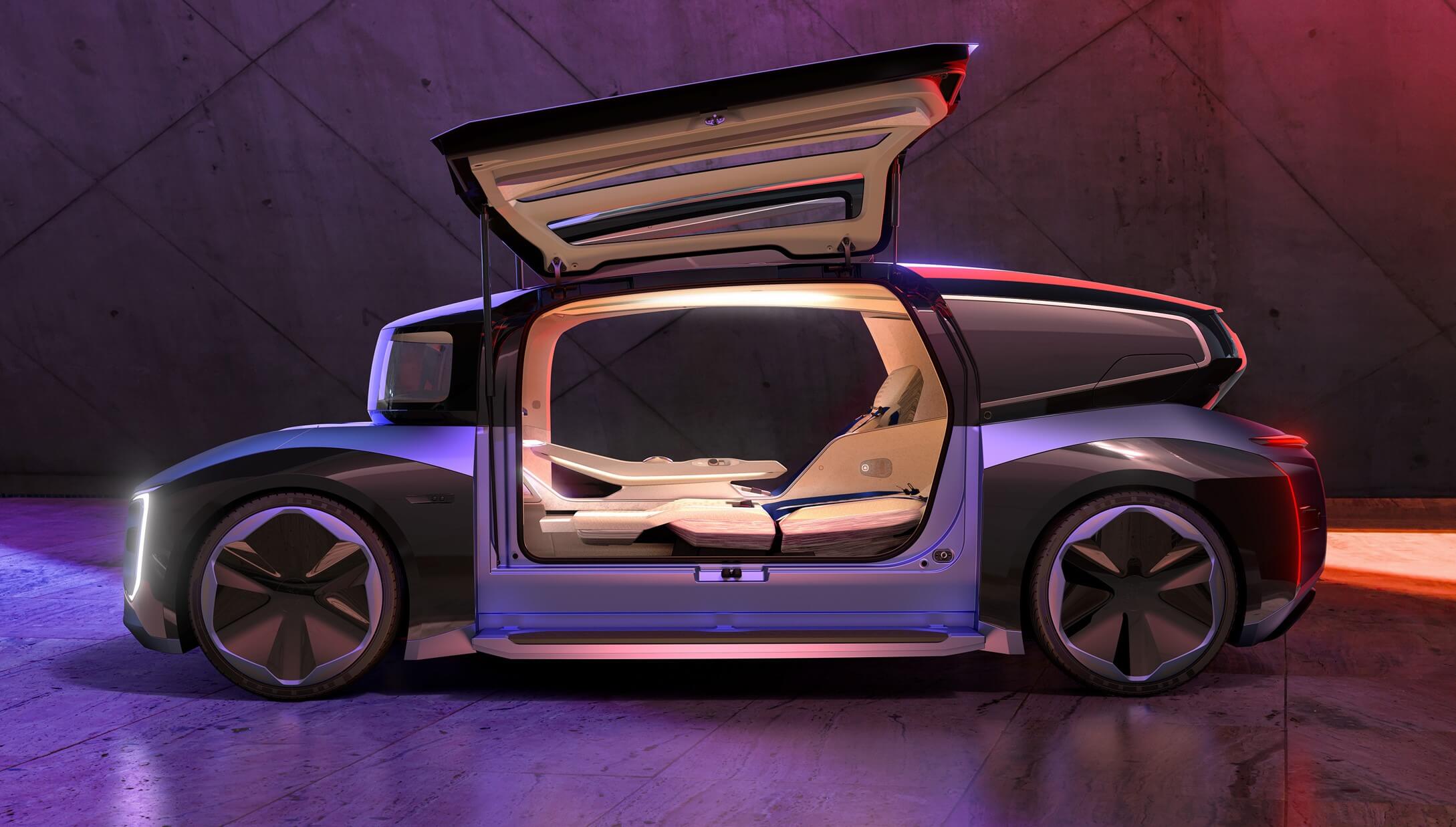VW brand head Thomas Schäfer argues synthetic fuels are better suited to trucks and planes than cars.
Volkswagen boss Thomas Schäfer has described the tussle within European Union member states to revise the 2035 ICE ban to include an exception for e-fuels as “unnecessary noise” in the shift to electrification.
“This discussion is distracting from the point,” Schäfer told journalists at the unveiling of the Volkswagen ID 2all EV concept on Wednesday last week.
“It’s unnecessary noise from my point of view. By 2035 it’s over anyway, and we said by 2033 we’re done,” he said of Volkswagen’s plan to stop selling ICE cars in Europe. “So why spend a fortune on old technology that doesn’t give you any benefit?”
The Volkswagen Group has invested in e-fuels, which synthesise petrol from waste carbon, via its Porsche brand, and CEO Oliver Blume has been one of e-fuels’ biggest advocates to help with vehicle decarbonisation.
Blume has framed Porsche’s support as a way to reduce CO2 emissions “for existing combustion engine cars”, but Germany has formed an alliance with Italian and as well as some eastern European countries, including the Czech Republic, to oppose the 2035 EU ban unless new cars running on e-fuels are exempted.
An exemption would allow Porsche to continue selling its highly profitable 911 as an ICE model, as well as giving Ferrari a reprieve for its V8 and V12 engines.
France, however, believes the EU must stick to the ban, setting up a scrap at the heart of EU politics. “We can’t say there’s a climate emergency but retreat from the transition to electric vehicles,” said French finance minister Bruno Le Maire last week.
Spain has also expressed its disappointment at the German-led rebellion to try to modify the ban. Spain will be one of the biggest beneficiaries of the switch to electric in Europe as brands including Volkswagen look to produce EVs there.
EVs are facing a backlash among some car buyers worried about the increased cost compared with ICE models, as well as slow building of an effective and reliable charging infrastructure for longer journeys. The higher price of electricity has also increased anxiety in recent months.
However, car makers are working to bring down the cost of EVs, with VW aiming to launch a version of the ID 2 to sell for less than $40,000 by 2025.
Volkswagen is also working on a project with Skoda to sell an even cheaper electric car starting at a little over $30,000 with a target sale date of 2026/2027.
Schäfer took issue with e-fuels for their tailpipe emissions as well as the high energy consumption needed to make them. “Look at the physics. We don’t have enough energy as it is, so why waste it on e-fuels?” he said.
However, Schäfer echoed Blume’s point that e-fuels could help decarbonising vehicles less suited to electrification, including trucks and planes. “This discussion around e-fuels is widely misunderstand. They have a role to play in existing fleets but won’t replace EVs,” he said.





